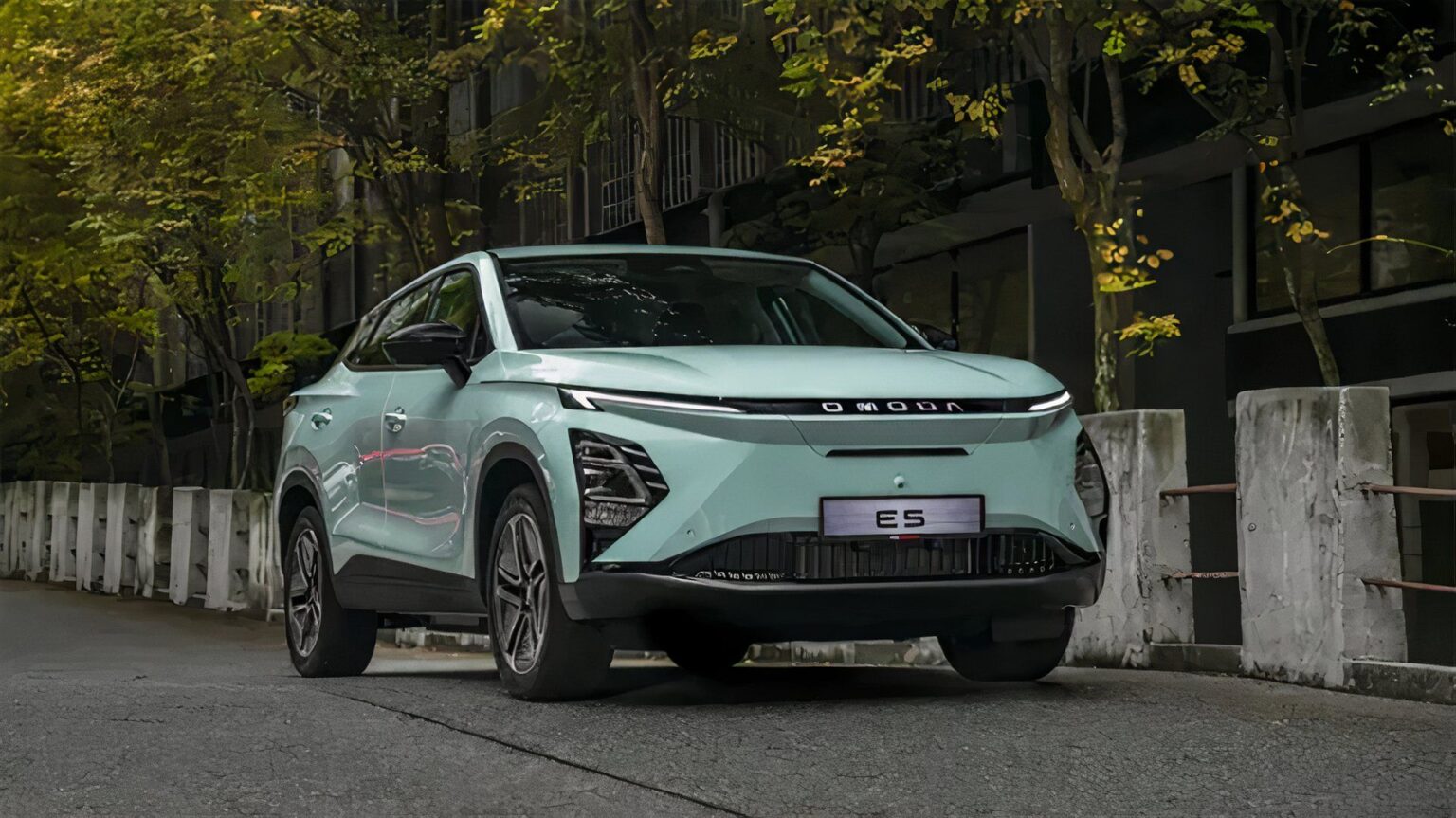Europe’s tariffs on Chinese-built vehicles – especially electric vehicles (EVs) – have caused quite a bit of commotion in recent months. While the European Union (EU) universally approved them, some automakers, like BMW and Mercedes-Benz, have been very vocal about the potential dangers of going down that path. They warned of China’s response, which could trigger a trade war that could significantly hurt the European auto industry doing business in China.
However, on a more fundamental basis, the goal of tariffs is to protect local manufacturing and its workforce. The idea is to promote locally built products instead of foreign ones. While, yes, it’s true that tariffs can lead to tough international trade, there is some good that can come out of them, such as what is already happening in Europe with Chinese automaker Chery.
Tariffs Or Not, The Chinese Auto Industry Will Find A Way In
A recent report from Automotive News demonstrates how the Chinese auto industry will navigate through Europe’s tariffs and how it’ll end up selling its vehicles there anyway. The good news for the EU, is that it’ll most likely help its manufacturing sector and its economy.
Chery Automobile’s Spanish partner, EV Motors, is apparently in the process of securing European-made components, so the Chinese automaker’s vehicles can be qualified as European. The ultimate goal is to have a Chinese EV become “built-in Europe” through a new manufacturing plant in Barcelona. But before they get there, Chery, EV Motors and its Ebro sub-brand will need to default back to knock-down manufacturing. This means that the cars will be delivered to Barcelona in parts and assembled at the destination, while EV Motors continues to source parts locally in an attempt to meet the EU’s criteria for local manufacturing.
Full-scale production of the Chery Omoda E5 electric crossover, complete with as many European-sourced parts as possible, is only scheduled for 2026. The objective is to have a fully operational facility that builds Chinese-branded vehicles in Europe, employing up to 1,200 people.
It’s important to mention that Spain is Europe’s second-largest auto manufacturing sector after Germany. It’s also home to several automotive suppliers, ranging from bumpers to stamping technologies and even motors.
Knowing this, EV Motors’ president, Rafael Ruiz, is confident that this strategy will prevent Chery Motors from being hit by tariffs, while stimulating Spain’s economy. He stated in an interview with Automotive News that both parties “have analyzed the situation in great detail, and are working to make the vehicles European”.
Read the full article here


